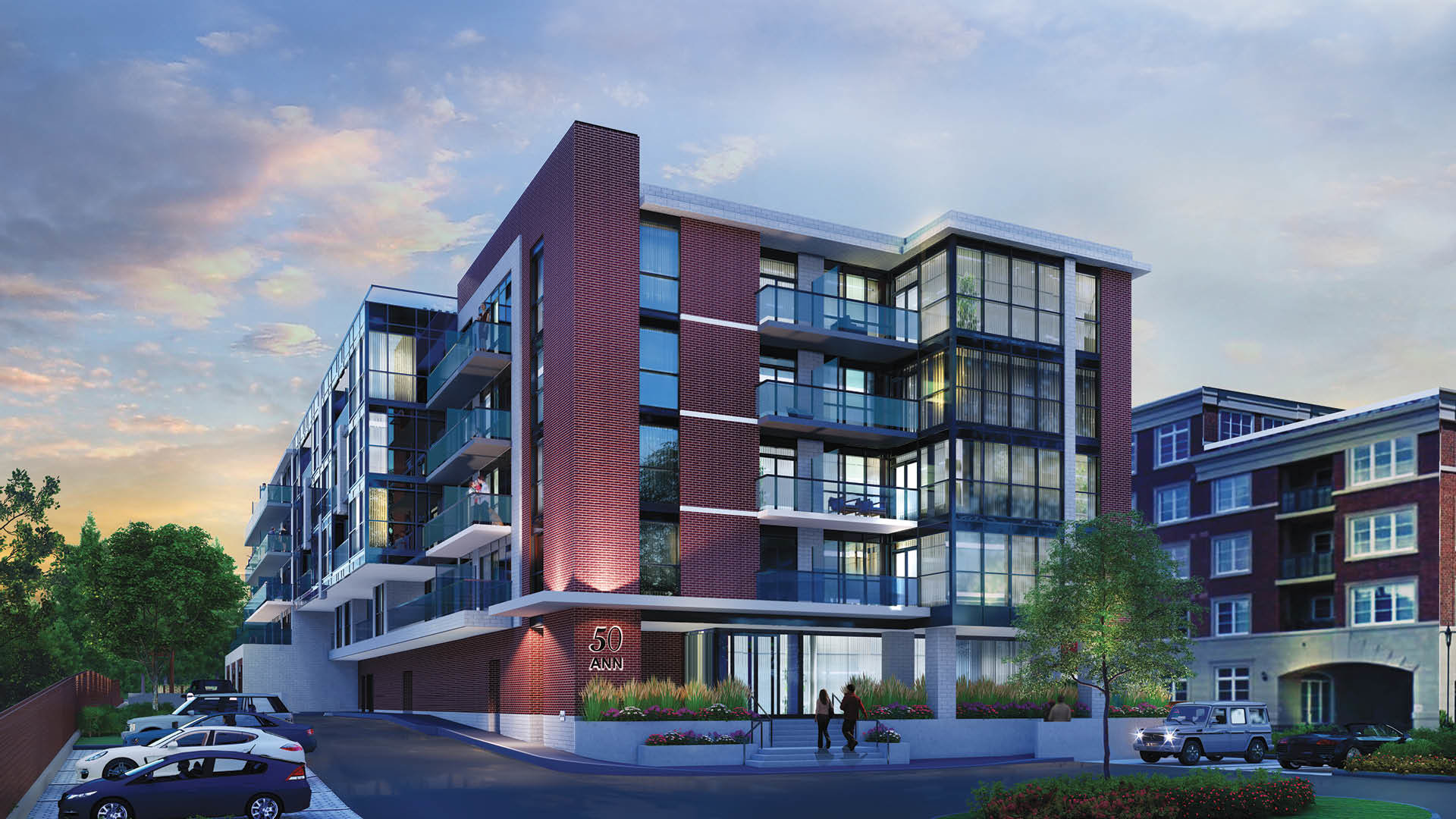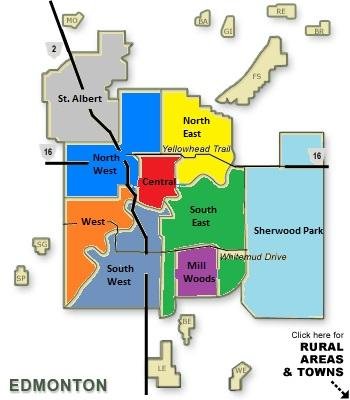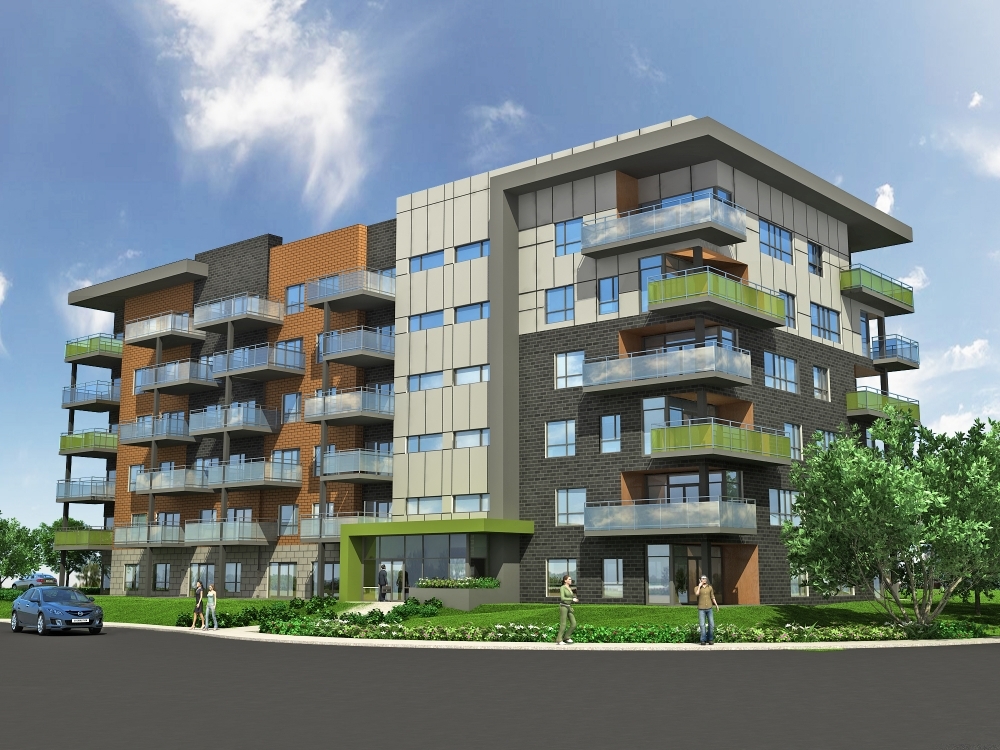WHAT YOU REQUIRED TO LEARN ABOUT OWNING An CONDOMINIUM IN EDMONTON AND ROLES O, ALBERTA
Condo living certainly has its rewards. You can capitalize on outstanding locations in the heart of urban centres close to mass transit. You can be a part of an area, and you don't need to invest your days doing yard job or home upkeep. But, most importantly, you can delight in hassle-free services like physical fitness centres, party lounges and also swimming pools, all at your doorstep. Appears wonderful, however just how does this impact your profits? When purchasing a condominium, you intend to consider your month-to-month strata cost.
What are strata costs, as well as exactly how are they established?
Your month-to-month strata charge is cash that the strata firm utilizes to pay the typical costs of the growth. Your private cost is evaluated by taking the overall cost of the strata's expenses as well as splitting that by the system entitlement of your strata whole lot. This means the bigger the square footage of your home, the larger your cost.
Where does the money go?
There are 2 funds that every strata company in BC have to preserve: an operating fund and a backup reserve fund (CRF). The operating fund is utilized to spend for usual costs that preserve the structure or take place more than once over a year. This includes structure insurance policy, building supervisor's fees, gardening, trash, water, preserving typical property, maintenance of services, cleansing, repair services, etc. The CRF is the fund that is typically utilized to pay for expenditures that happen less than annually or more unusual expenses. This could include an entrance hall upgrade, a new roof, brand-new gutters, and so on.
How much is a regular strata charge?
Strata fees vary greatly from location to location as well as building to structure. It is challenging to compare charges straight as they rely on the management style of the strata and the type of services used. In 2021, generally, condominium strata fees in Metro Vancouver for brand-new pre-sale tasks launched in the last 18 months range from approximately $0.20/ square foot up to around $0.70/ square foot with $0.44-$ 0.45 * being the average. The higher-end is normal for structures with 'damp' amenities such as swimming pools, jacuzzis, water features and also various other lavish expenditures like 24-hour attendant service. Strata costs have increased over the last few years because of higher insurance deductibles on buildings. The typical resale strata fee would not differ much from pre-sale costs, as there are several other variables to consider with older buildings. Townhouse strata fees are commonly about 50% less than condominium charges, provided the less features.
Concerns to Ask
For new neighborhoods, designers produce an approximated total spending plan to understand what your prepared for month-to-month charges will be. If there's a deficiency between the proposed as well as real operating budget in the initial year, the Strata Residential or commercial property Act will enforce a fine versus the designer. If you're trying to find a consultation on the general spending plan, talk to a seasoned real estate professional, attorney, accountant or home supervisor.
When you're buying a resale residence, you should validate if your fees consist of energies such as hot water, warmth as well as gas. Additionally, just how much cash is being contributed to the reserve fund annually and also is it enough to cover unforeseen expenditures? When is the building guarantee ending? Have any kind of major repairs like a brand-new roofing been lately made or are planned? Examine the mins of the strata council meetings to ensure you have a clear understanding of what's been finished, where cash is being alloted as well as invested and whether the council is proactive or has a tendency to do the bare minimum, which could cause greater issues. Customarily, some basic due diligence before you get will help you prevent problems down the road.
Condo Possession In Alberta
A great deal of Canadians do not recognize that getting a condominium (condominium) is rather different from acquiring a home. Unlike possessing a house, condominium possession has distinct legal rights as well as economic commitments. For instance, apartment proprietors have access to usual areas, can vote on matters and can take legal action against designers or condominium firms for violations. Condo possession additionally implies there are particular responsibilities, such as paying their apartment costs in a timely manner and following the condo bylaws and guidelines.
Thinking of condo possession? Regardless of if you reside in Calgary, Edmonton or any city or town in Alberta, this information uses. Right here are some essentials of what you ought to know about condominium ownership.
What Is A Condo?
Residential condos consist of homes within an apartment building, a duplex, a cottage or a condominium. Legitimately, a condominium is a type of real estate possession with 2 different components. Condominium ownership has a lawful title to the condo device (freehold possession) so you are in charge of maintaining/repairing every little thing inside the unit. You are additionally a joint proprietor of the apartment's usual home, together with the various other condominium proprietors, to spend for the expenses of the structure maintenance.
Before purchasing a condo unit, make certain you understand the difference in between what you own and also what you jointly own with other condominium owners. Condominium possession shares the expenditures of keeping the common residential or commercial property. this includes whatever recognized by the condominium strategy not located inside a private system. Examples consist of the hallways, elevators, utility room, swimming pools, and landscaped areas.
What Is A Condominium Company?
When a designer registers the apartment plan with Alberta's Land Titles Office, a condo company is produced which recognizes who the owners of the apartment systems are. The condo firm is a legal entity. This means that it can sue for any kind of problems done to the typical home, or be demanded things that the owners are partially in charge of.
Just How Condominium Firms Governing Occurs?
Condo bylaws control the company. Condo ownership calls for that owners as well as tenants residing in the condominium units comply with the laws, or threat encountering a penalty. These bylaws can vary greatly depending on the condominium structure. As an example, some condominium laws prohibit youngsters under a particular age and/or pet dogs from living in the complicated. An additional usual law is the need to obtain composed approval from the board of supervisors of the apartment prior to beginning any kind of restorations that might impact the building's structure such as setting up a satellite dish. It is important to know what your lawful rights as well as duties are as set out in your condominium's bylaws.
You can learn your condo's laws by checking out your apartment's registered strategy. If there are no bylaws and your condo was built after May 16, 1978, the bylaws in Appendix 1 of the Condo Home Act (" the Act") will apply till they are changed. Discover the Condo Act newest adjustments below. If your apartment was built before May 16, 1978, the Condominium Home Laws in Appendix 2 of the Act will use. Understanding your condo laws is an important part of condominium possession.
Can Condominium Bylaws Adjustment?
Yes! Condominium proprietors can vote to change the laws at any offered time. In Alberta, the Act states that there must be approval from 75% of the unit title owners that make up more than 7,500 system factors in order for laws to be changed. These modifications are effective once the apartment board registers them at a Land Titles Workplace. Many boards currently seek to make crucial adjustments when it come to the legalisation of Cannabis.
Who Gets on My Condominium's Board Of Directors?
Each apartment corporation will certainly have their own procedure on how each supervisor is chosen, how often they are chosen as well as qualification demands. All directors must form part of the condominium possession team. The board then discusses issues in regular conferences normally hung on a monthly basis. The meeting schedule have to be connected to owners at yearly general conferences.
What Is The Board Of Supervisors' Function?
Legally, each person on the board have to act truthfully and also in good faith. This implies that if there is a problem of rate of interest in an issue, they can not elect on it. Likewise, choices have to be made in the best passions of all the condominium owners in the structure, which might sometimes conflict with what an individual owner wants.
If you are thinking of acquiring a previously possessed unit, you ought to talk to various other apartment system proprietors in the apartment facility. Ask them whether the condo proprietors as well as board participants get along, if there are concerns with the apartment in the past, if there are existing issues with the structure (i.e. problems with pipes and utilities) and also whether the condo is well managed. This will offer you an idea regarding whether this is the type of neighborhood you wish to live in
What Are Condo Charges?
Condo companies supervise for the up maintain of usual residential properties which include snow removal, utilities, yard treatment, as well as repair services to the usual home. They need to additionally pay for the insurance coverage and also administrative expenses (accountants and also legal representative costs) related to the typical residential or commercial property. Condominium possession requires the settlement of these costs.
They obtain the money to pay for these things from each condo proprietor that pays a condo charge. The amounts of these costs are set yearly, yet in some cases, the company wants additional cash money and may need to raise money to pay for emergency situation repair services. Ensure you know exactly how the condominium board intends to collect the added funds. For example, if the board all of a sudden requires a special analysis for $10,000, what options exist for repayment? Can you manage it?
The Reserve Fund
Part of your condominium charges additionally go towards a reserve fund which is usually utilized for major repair work and also substitute of residential property and also usual building possessed by the company such as substitutes of the structure's roofing, car park asphalt and also landscaping in the common residential or commercial property. Condominium companies have a responsibility to keep a reserve fund. Before using the fund, the board has to get in touch with the owners.
Usually, the condo board sets the condominium fees based upon the forecast allocate that year. The amount of your condominium cost is based upon the device aspect which is generally connected to the size of the unit you own-- normally, the bigger the system, the higher the costs. Know that condo fees can, and typically do, rise each year.
Knowing The Condominium Costs Prior To Acquiring
Prior to entering into condominium ownership, see to it you recognize just how much your condo fees are, how much of your condominium costs mosts likely to the reserve fund, if the condo board is preparing to spend for a large expense with the reserve fund as well as exactly how the apartment board prepares to raise these funds in the future. You can get this info by asking for a duplicate of the condo's reserve fund strategy and the annual report. Constantly request for a copy of the reserve fund study record. It identifies just how much cash is presently in the reserve fund, the present problem of the property, and expects what areas of the typical building needs repaire or replacment within the next 25 years.
Condo Financial Statements
Also, make certain you assess the condominium corporation's present financial statement (which informs you its economic status), the existing budget for repair services, the yearly general conference minutes (which informs you if there are any kind of issues with the condo), as well as ask for evidence of ample insurance policy protection. We suggested obtaining lawful aid to assess the condo files. If an apartment firm is in debt, it can become a bottomless money pit that can make it really challenging if you desire to sell your condominium system in the future.
What Happens If I Do Not Pay My Condo Charges?
If you do not pay your condo charges, the apartment corporation can do a variety of things to collect what you owe, such as:
ask the condo owner's home loan company to pay off the amount owed, who will include the financial debt to the overall home loan amount owed;
ask the tenant in the proprietor's unit to pay the month-to-month rent to the company to spend for your condominium charges;
file a caveat against the unit proprietor's title;
charge rate of interest on the quantity owed (as much as 18% per year!);.
take legal action against the proprietor for the amount owed, including the passion and also full legal fees; and also.
foreclose on the owner's title (take possession of apartment device finishing your condominium ownership).
Likewise, if you owe cash to your apartment company for one month or even more, you can shed your right to vote on important matters that influence the condo building.
Getting A Brand-new Condo From A Designer-- What To Look Out For?
Prior to authorizing an acquisition agreement, it is essential to speak with an attorney. The skilled real estate team at Kahane Law Office aid you review the documents. This assists ensure you safeguard your legal rights and passions.
Acquisition Contract Required Paperwork.
Legally, the Act calls for designers to supply you with a copy of the condominium building's home mortgage. While not required by law, if asked for, several designers will certainly additionally supply buyers with proposed budgets for the advancement. As a customer of a brand-new apartment development, your purchase agreement have to include a condo strategy which tells you concerning:.
any major renovations to the apartment's common home;.
maintenance tools utilized for the maintenance of the usual property;.
recreational facilities in the structure;.
the computation of the unit factor;.
figuring out the estimation of your apartment costs; and.
a notice on the front web page of the acquisition arrangement that tells you about your civil liberties bordering cancelling the acquisition agreement.
Other Condominium Possession Structure Relevant Documentation.
Furthermore, the programmer has to likewise give you with a duplicate of:.
the laws (or laws prepared);.
residential or commercial property administration contract (or suggested building monitoring contract);.
for condominiums improved leased land, a copy of the lease contract;.
existing home mortgages, or future home mortgages that might impact your possession title of the apartment device; as well as.
the firm's financial declarations. These offer you with details about just how practical the corporation's budget plan is and the reserve fund research study.
Keep in mind: when getting a new condo from a designer, check to see if the apartment is covered under a purchaser's security program such as the Alberta New House Guarantee Program. This indicates that if you discover a defect in your brand-new home and also the warranty duration is still energetic, the builder repair work it completely free.
Pre-Owned Condominium Ownership-- What To Watch out For?
While any type of number of problems occur when individuals purchase a condo system, easy steps aid prevent them. For example, when considering a used unit, please recognize the following:.
Condo Papers.
If you are acquiring a previously owned CONDO It is your responsibility to obtain and comprehend any type of records prior to you making a deal. You can send a created request to your vendor who have to offer them to you within 10 days. Make sure you obtain a copy of: Companies like Condo Check can be hired to revew the documents on the buyers behalf.
the condominium strategy as well as any kind of extra sheets attached to it, such as recommendations (optional insurance coverage for your property);.
the certification of insurance policy. A record that informs you how much insurance protection there gets on both the specific systems and the common home;.
the condominium device's certification;.
any kind of existing limiting agreements. These consist of lawful obligations binding on future customers of the condo and prevents you from doing specific such as remodeling the unit; as well as last but not least.
the condo bylaws.
Estoppel Certificates.
Your attorney must get an Estoppel Certificate for you. This indicates that with your brand-new condo possession, you will not owe any type of amounts due from a previous owner. For even more comprehensive info relating to Estoppel Certificates in Alberta, please describe this page. Nevertheless, we consist of the fundamentals as they associate with your condominium listed below.
Although there may be a fee entailed, you can ask for an estoppel certification from the condominium corporation which licenses that the details they offer to you is proper. The certificate will certainly inform you:.
how much the condo charges are for every unit;.
the condo cost repayment routine;.
if the previous owner has paid his/her share of the condominium costs; as well as.
any type of rate of interest owed because of unsettled apartment fees.



Leave A Comment